Five Radical Women You Should Know
Posted by Radical Women's History Team: Lydia Figes, India Lewis and Annie Muir on 23rd Dec 2020
Radical female activists have often been overlooked throughout history. Today, the team behind the ever informative Instagram account Radical Women’s History, highlight the personal stories and contributions of overlooked female radical activists and courageous individuals. Their commitment to intersectional feminism and a revisionist approach to history, the account shines a light on those who changed history behind the scenes, or who never gained the recognition they deserve. Below are 5 women selected by the RWH team.
Sarah Winnemucca (1844–1891)
Thocmentony aka Sarah Winnemucca, was a Native American educator and activist from the Northern Paiute region. After the Paiute War, and later the murder of her mother, Thocmentony travelled the world to educate the public on the atrocities faced by many indigenous communities.
Thocmentony dedicated her life to translating between Native Americans and the European invaders, adopting the name Sarah. When the Paiute were imprisoned in a concentration camp, Thocmentony lobbied for their release and educated those who had been interned.
After the Bannock War in 1978, Thocmentony discovered her family and friends had been taken hostage. She travelled 100 miles to free them. In 1884, Thocmentony published what is believed to be the first auto-biography by a Native-American woman. ‘Life Among the Paiutes: Their Wrongs and Claims’ documented the abuse Thocmentony’s community had been subject to.
When describing the first time she saw Europeans, she wrote, "They came like a lion, yes, like a roaring lion, and have continued so ever since, and I have never forgotten their first coming".
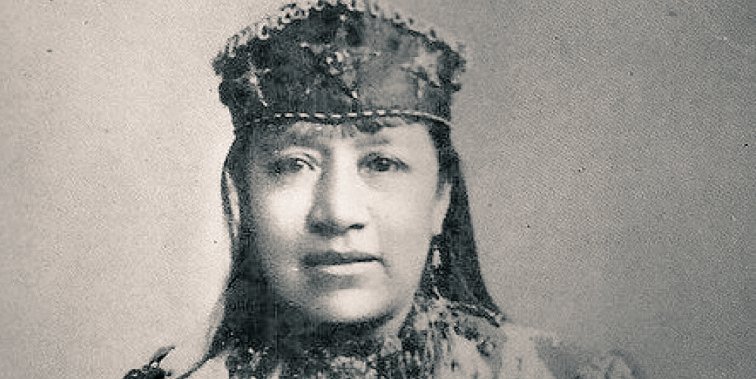
Thocmentony fought against the oppression of indigienous people throughout her entire life.
Simone Weil (1909–1943)
Simone Weil was a French militant activist, philosopher, mystic, and pacifist who become a well-known figure after her premature death aged 34.
Born in Paris, Simone grew up in a secular Jewish household and was extremely well-educated, beating Simone de Beauvoir in the Exam for General Philosophy and Logic at the prestigious École Normale Superieure in 1928. Simone’s persistent desire for truth and justice led her to become a political philosopher, who entered the elite world of academia but spent her life discussing the plight of the working classes, as well as morality and Christian theology.
In contrast to the solipsistic approach of the existentialist philosophers of her time, Simone was less concerned with the condition of the ‘self’ or individual, instead arguing that a moral life must prioritise care for others. Simone put her ideas into action and learnt from real life experience. In early August 1932, she travelled to Germany in order to better understand the conditions fostering Nazism and the potential power of the trade unions.
In 1934, she spent a year working in Parisian factories, amongst female labourers to understand the brutality and dehumanization of modern labour. Later Hannah Arendt would claim that only Weil treated the subject of labour ‘without prejudice or sentimentality’, though figures such as Charles de Gaulle dismissed her as ‘crazy.’
During the Spanish Civil war she joined the anti-Franco movement, and became a member of the anarchist Durutti column. During the war and Vichy France, Simone worked with the Resistance and became an agricultural labourer. In 1942, she left France, travelling to New York via Morocco. She died in August 1943 allegedly from suicide due to self-starvation.
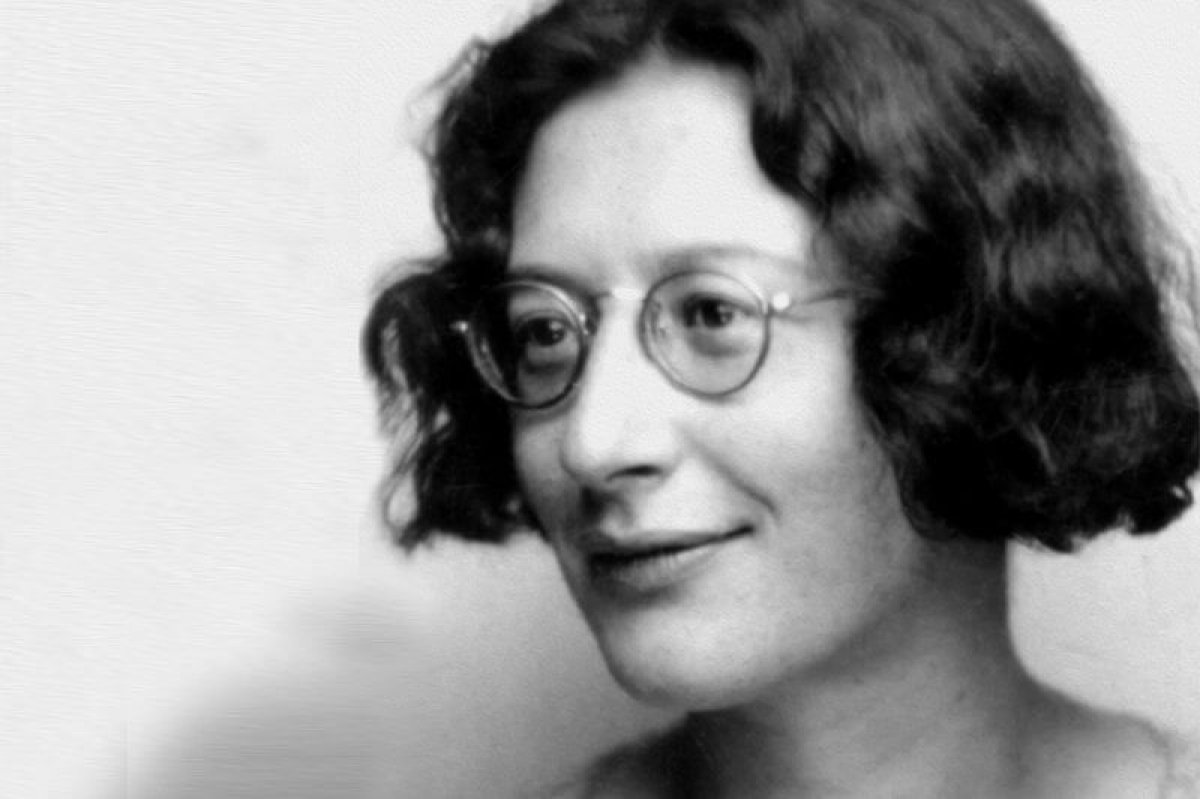
Simone Weil fought for the downtrodden through her philosophy and activism.
Stormé DeLarverie (1920–2014)
Stormé DeLarverie was born in New Orleans to a white father and black mother. There are many stories about Stormé’s life prior to her arrival in New York, including her time working as a bodyguard for mobsters in Chicago.
In the 1940s, Stormé began performing in drag shows with the Jewel Box Revue, the first racially integrated drag troupe. Despite being told she could never succeed as a Drag performer, Stormé performed highly successfully for 14 years and sang for the likes of Billie Holiday as ‘Stormy Dale’.
On June 28 th 1969 outside the Stonewall Inn, it’s said that Stormé was the woman who sparked the uprising after throwing a punch at a police officer and shouting at the gathering crowd, “Why don’t you do something!” Stormé was a symbol of Stonewall for her contemporaries, but over time her name has become less well-known.
When commenting on the events of that summer, Stormé noted, "It was a rebellion, it was an uprising, it was a civil rights disobedience – it wasn't no damn riot". After losing her partner, Stormé began working as a bouncer and roamed the streets on her nights off, earning herself the title ‘guardian of lesbians of the village’.
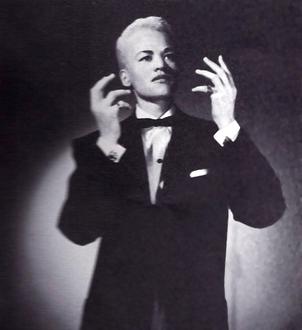
A symbol of Stonewall for her contemporaries: Stormé DeLarverie.
Ceija Stojka (1933–2013)
Born and raised in the Austrian countryside, Ceija Stojka travelled with her Roma horse-trader family until the Nazi regime captured them and interned them in various concentration camps. Her father and one of her brothers died in these camps.
Ceija remained silent about her experiences until later in her life, publishing her first book in 1988 about the horrific treatment of her people in the war years. Two more books followed, and four years later, she became a spokeswoman for the recognition of the Sinti and Roma genocide (the Porajmos).
She also drew and painted what she had seen whilst interned. In 2010 she spoke to Hungarian students, following a series of hate crimes against Roma, lamenting: “How is it possible at the beginning of the new century that the Roma population…is still humiliated and maltreated – and sometimes killed, as it happened in Hungary – for the only reason of being Roma?”.
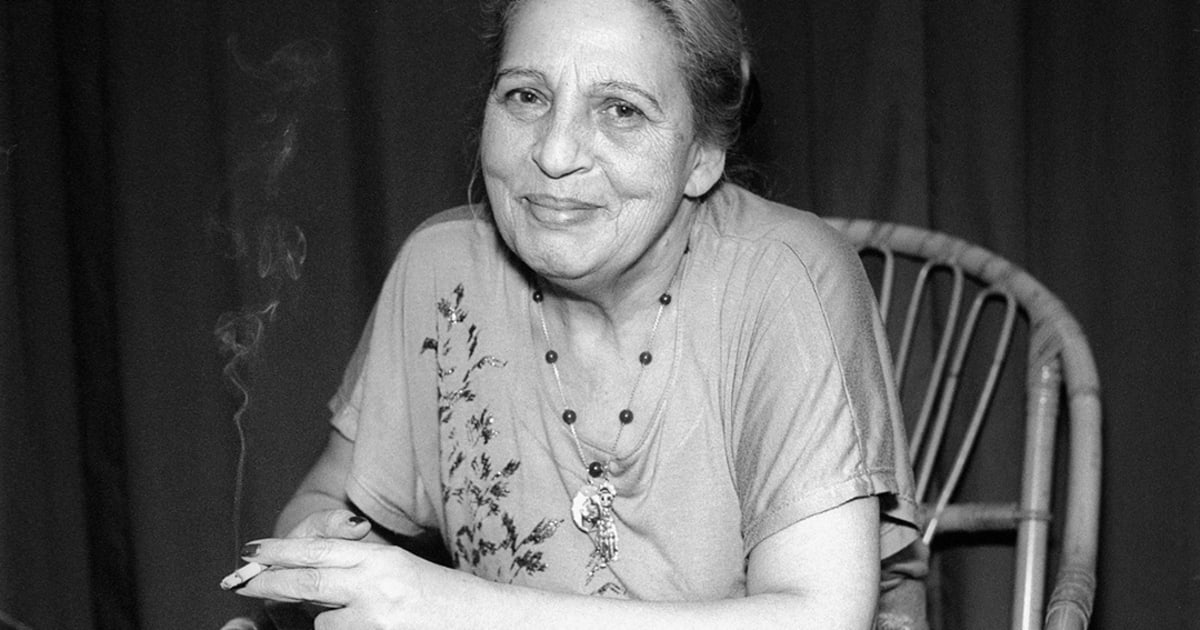
Through her writing Ceija Stojka brought recognition to the horrors faced by her people.
Anna Politovskaya (b.1958)
Anna Politovskaya was a journalist and crusader for human rights, who was murdered in 2006, after years of attempts and threats, most likely on the orders of the Kremlin. She wrote for the state-critical Novaya Gazeta from 1999 until her death, a publication that has seen the murder of six of their journalists since 2001.
In 2004, she had tried to travel to the school siege in Beslan in order to help negotiate with the Chechen separatists, but was taken ill, presumed poisoned. She had previously been part of the negotiations during the 2002 Moscow theatre siege, that also involved Chechen separatists.
She wrote extensively about the region, especially about Putin’s support of the Ramzan Kadyrov regime, which continues to commit terrible human rights abuses.
In 2001, whilst Chechnya was under the heel of Ramzan’s father, Akhmad, she was detained and brutally beaten by Russian troops. To this day, her murder remains unsolved, though WikiLeaks has shown that Russian intelligence services targeted her computer with malware a year prior to her murder.
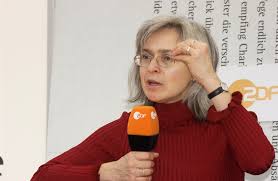
Anna Politovskaya spent her life bringing to light human rights violations.
A special thanks to Lydia, India and Annie for putting this wonderfully informative piece together. To read more personal histories like the ones above visit @radicalwomenshistory on Instagram.
